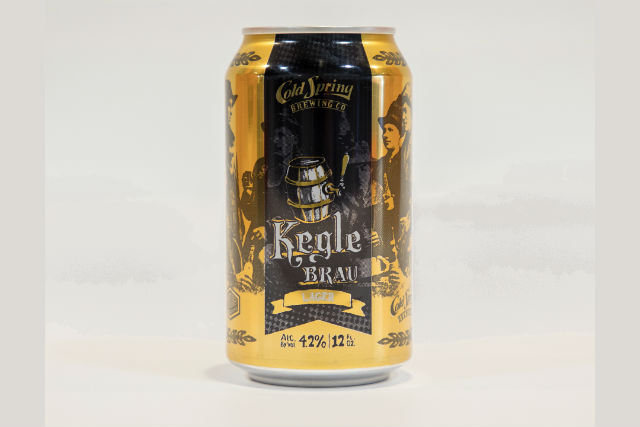
Kegle Brau originally hit shelves in the 1960s and became one of the best-selling beers in the 1970s. Using what at the time was a revolutionary brewing process brewers at Cold Spring Brewing in Minnesota showed that they were using science and technology of the time to grow.
By brewing with hop extracts instead of actual hops, CSBC’s brewers pioneered the process to brew light-stable beer.
Exposure to the sun’s UV rays can dramatically alter the aroma and taste of a beer, but when a beer is brewed to be light-stable, it is safe from harmful UV rays. Today, like Kegle Brau, many beers are brewed to be light-stable.
Third Street Brewhouse is now a part of Cold Spring and Head Brewmaster Karl Schmitz is very familiar with the old system brewers used to brew Kegle Brau initially.
“I brewed on and calculated on the old system for many years before we made significant upgrades to our brewhouse in 2012,” he said.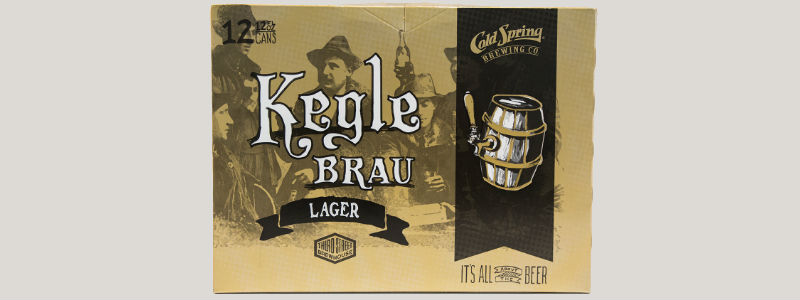
That meant the job of recreating the classic beer wasn’t too complicated.
“As a brewing team, we put our heads together to fill in some of the missing pieces,” Schmitz said. “From there, it was a matter of scaling up. Most of the groundwork we had to do in order to brew this beer in our modern system was direct scaling of efficiencies.
“We work with our brewery customers on these types of issues every day, so our process is pretty streamlined.”
The team brewed a few small-batch trials to be sure they were on the right path, and then took it to the big brewhouse.
In the 1960s and 70s, the brewery staff at Cold Spring were some of the first to experiment with hops extracts. When hop suppliers began developing hop extracts from their crops, the Minnesota brewers got excited at the opportunity to try something new.
“They were able to use the CO2-based hops extracts at the same point in the process as they’d typically use traditional hops,” Schmitz said. “The result? A traditional-tasting lager that was safe from harmful UV rays. Our process today really isn’t much different from what our brewers were doing in the 1960s and 70s. Fundamentally, the brewing process has not really changed in a very long time. The ingredients are similar and still available.”
Schmitz said he really likes that all the beers that Third Street has released in their Historic Beer Series — which along with Kegle Brau is Brewer’s Tears, a pre-prohibition Lager and Cold Spring Pilsner, a dry-hopped Pilsner brewed with Cascade hops
“[They] are so well put together and well balanced,” he said. “Someone thought long and hard when designing these beers. It’s easy to see why they were each so popular in their time. It’s been a blast recreating them. I think we’ve all learned a lot about the simplicity of brewing. Complex beers are challenging and fun to brew and really enjoyable to drink, but there’s something beautiful in just how simple and refreshing a beer can be.”
The hop technologies used in Kegle Brau have been around for some time, but the hops extracts were a brand new idea when Kegle Brau was first brewed, Schmitz noted.
“There are many similar hop extract technologies available commercially today, most for added aroma and a prolonged shelf life,” he said. “Personally, I think the future for brewing technology right now is enzymes. It’s the next big thing. There are all kinds of enzymes available, but the industry is just starting to experiment in this area. Enzymes can affect the hop character of a beer or even the fermentation and malt flavors.”
Recently Cold Spring has been trying their hands with different enzymes and Schmitz said they have been pretty pleased with the results. However, they have not released any products using them yet.
“We’re still in the experimental phase,” he said.
“The result is a simple but great-tasting lager, just like our parents and grandparents used to drink,” he said. Schmitz noted that Kegle Brau was such a popular beer in the 1960s and 70s, but when sales slowed in the 1990s, it was eventually pulled from regular rotation.
“We’re really excited to be launching it again, so a new generation of beer enthusiasts can enjoy this groundbreaking brew,” he said.



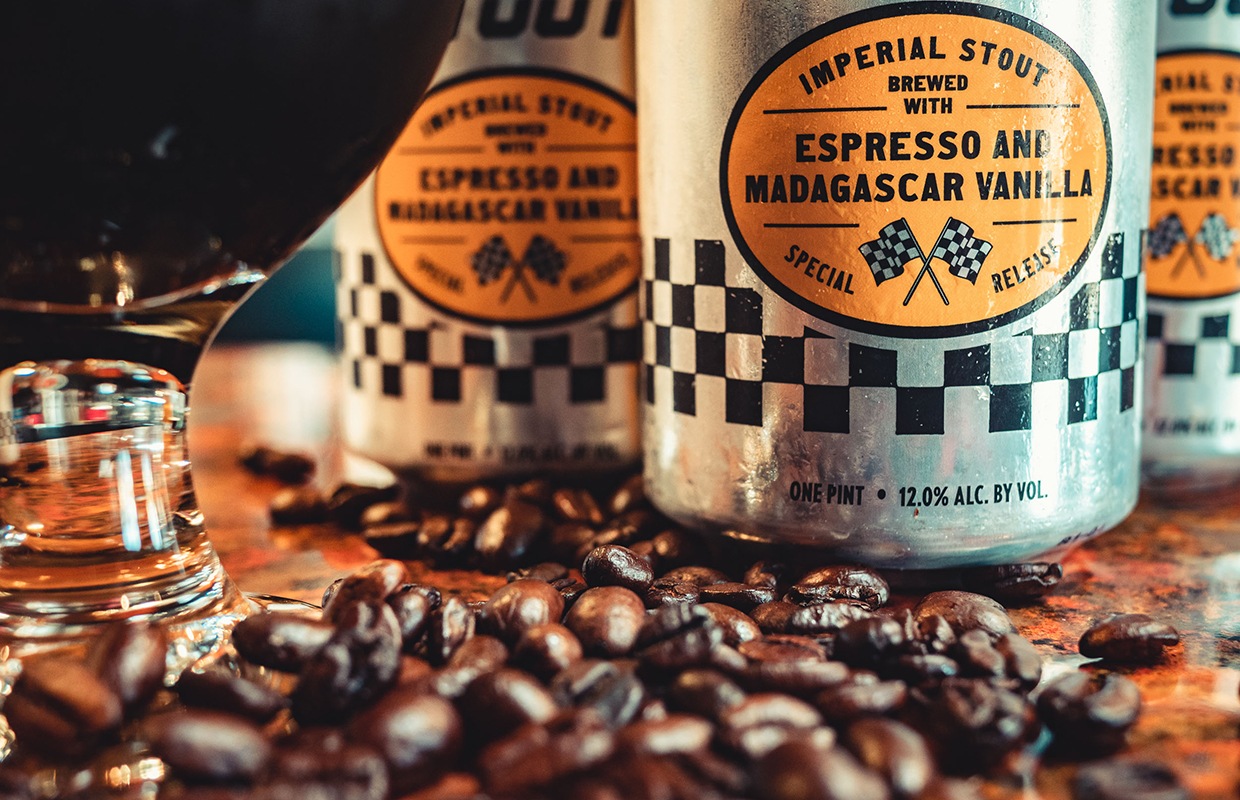
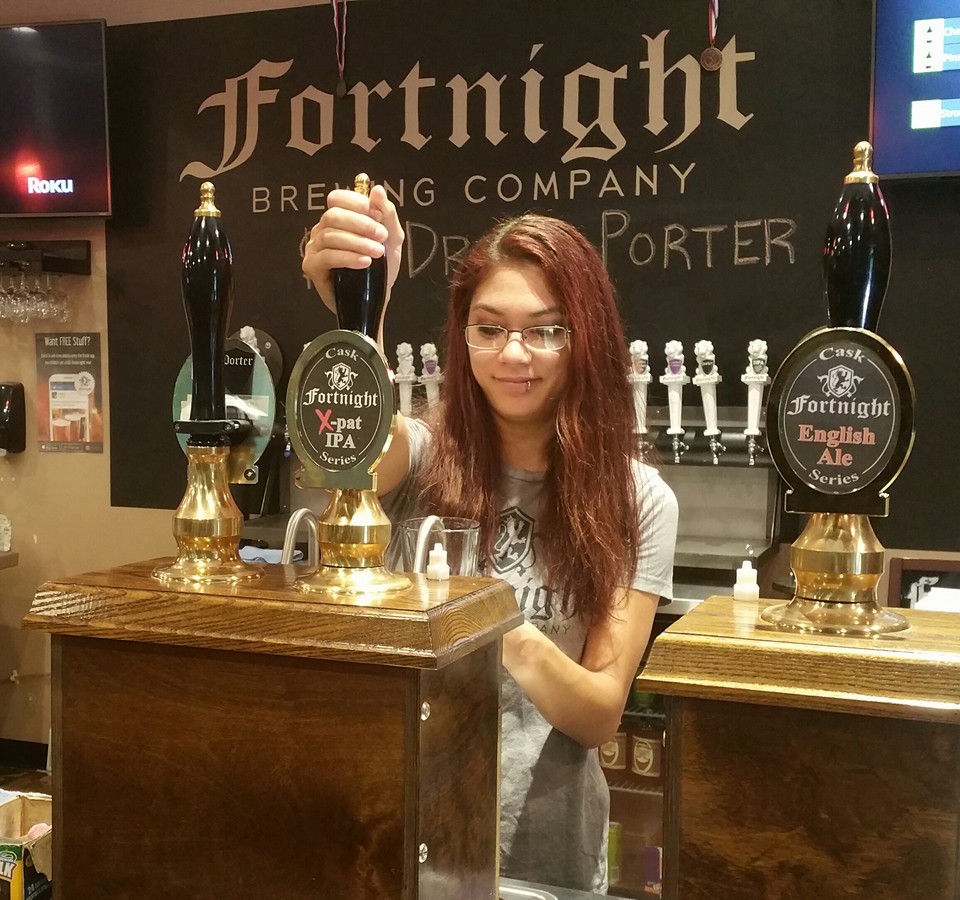
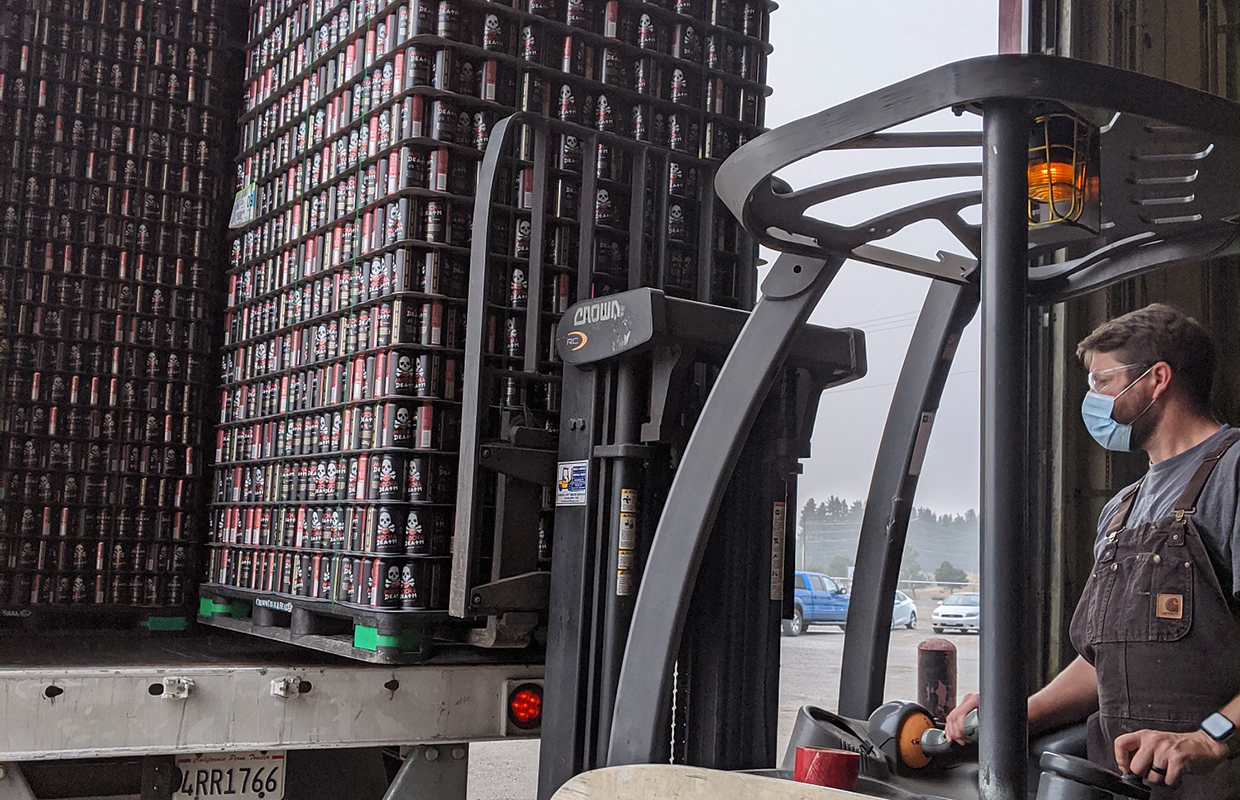
Be the first to comment